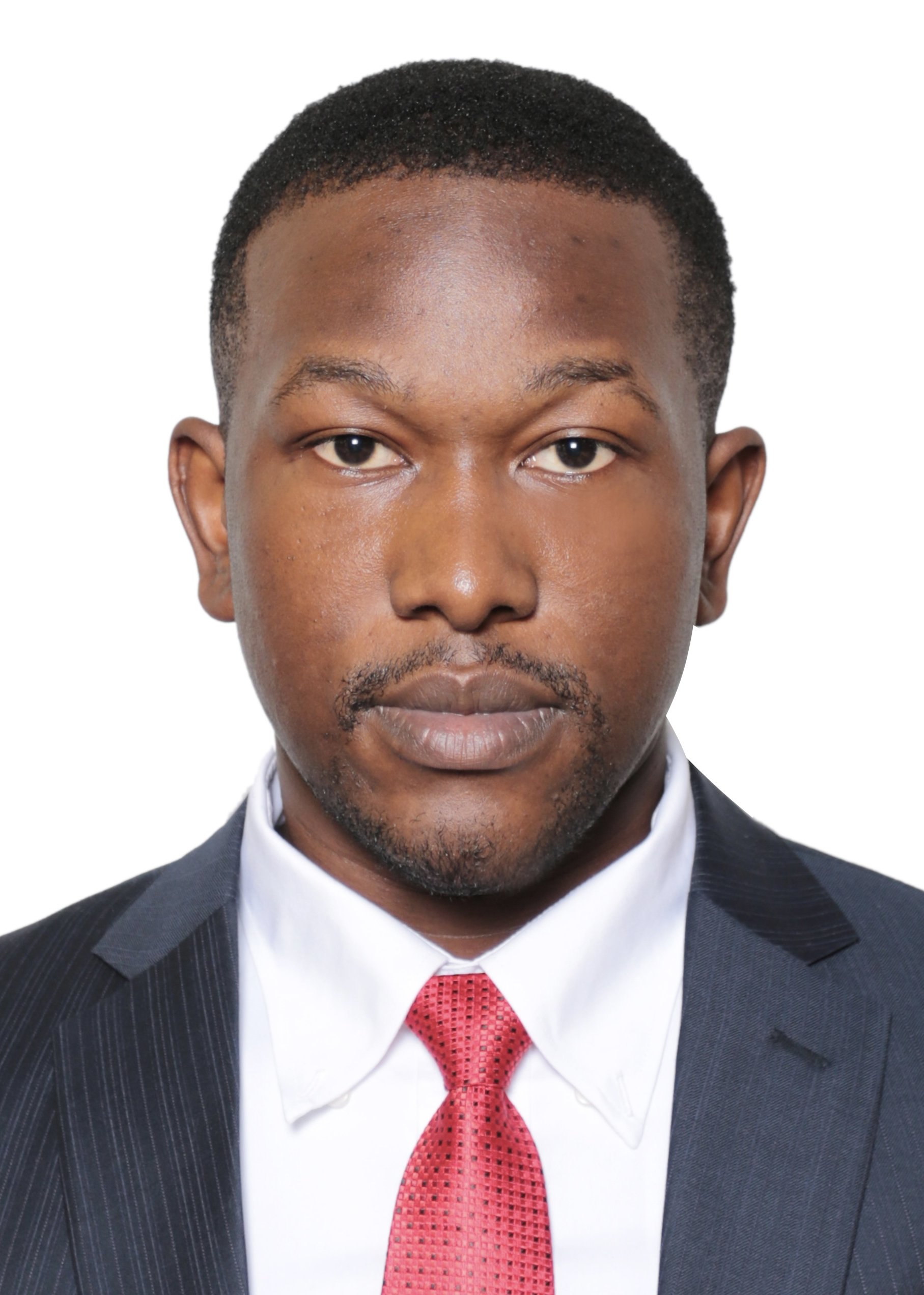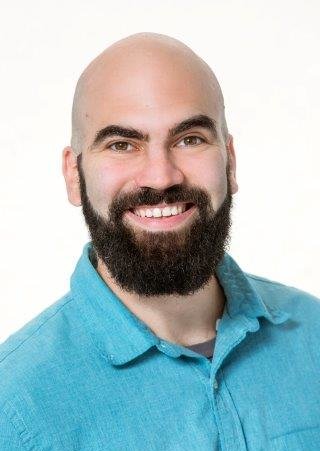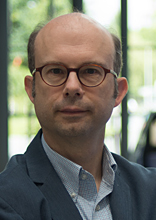DEMOSES
Designing and Modeling Systems of Energy Systems
Overview

The DEMOSES project aims to develop decision support models and tools for the redesign of the Dutch energy system by coupling heat, electricity, and gas distribution grids, with a focus on the interdependencies between them and the flexibilities that they provide. The project will do so by using and improving existing energy models provided by partners, and by developing model coupling software to link these models together.
Project Description
Energy systems across the globe are undergoing profound transformations driven by technological developments, evolving market regulations, and most importantly, climate change. To reduce the carbon footprint of our society, the energy system must be redesigned to accommodate unprecedented amounts of variable renewable energy (VRE) sources and sustainable heating solutions. To achieve a smooth transition towards a low carbon energy system, the following questions need to be addressed:
• How can we design multi-carrier energy systems to increase their flexibility and enable them to incorporate high shares of VRE sources?
• As the energy system is rapidly becoming more complex, how can decision support tools be improved to analyse highly interconnected multi-carrier energy grids?
With a significant integration of weather dependent VRE sources (e.g., wind and solar), the shift to a sustainable future poses major challenges to current energy systems in terms of balancing demand and supply. The coupling of electricity, heat, and gas sectors through multi-energy systems may provide the flexibility needed to close these demand-supply imbalances. Sector coupling unlocks flexibility by providing flexible demand and conversion to other energy carriers such as heat and gas, thereby enabling the integration of high shares of VRE in future energy systems.
Intended deliverables
• Model coupling methodology
• Model coupling software solutions
Project partners
TNO, TU/e, Eneco, AgroEnergy, Tata Steel, TenneT, Stedin, Aliander, GasUnie
TUD Team

PhD Researcher:
C. (Christian) Doh Dinga

Responsible:
Dr.ir. M. (Milos) Cvetkovic

Responsible:
Prof.dr.ir. L. J. (Laurens) de Vries

C. (Christian) D. Dinga
Christian D. Dinga joined the IEPG group as a Ph.D. candidate in October 2022. He received a B.Sc. degree in electrical engineering from North China Electric Power University, Beijing, China in 2019. He then received a M.S. degree in environmental science and engineering from Tsinghua University, Beijing, China in 2021. In IEPG, Christian is working on research challenges of renewable energy integration. He has strong interest in modeling and optimization of integrated energy systems.